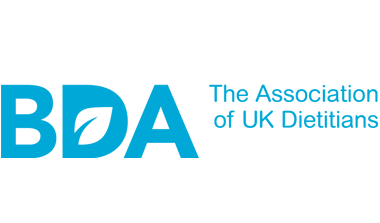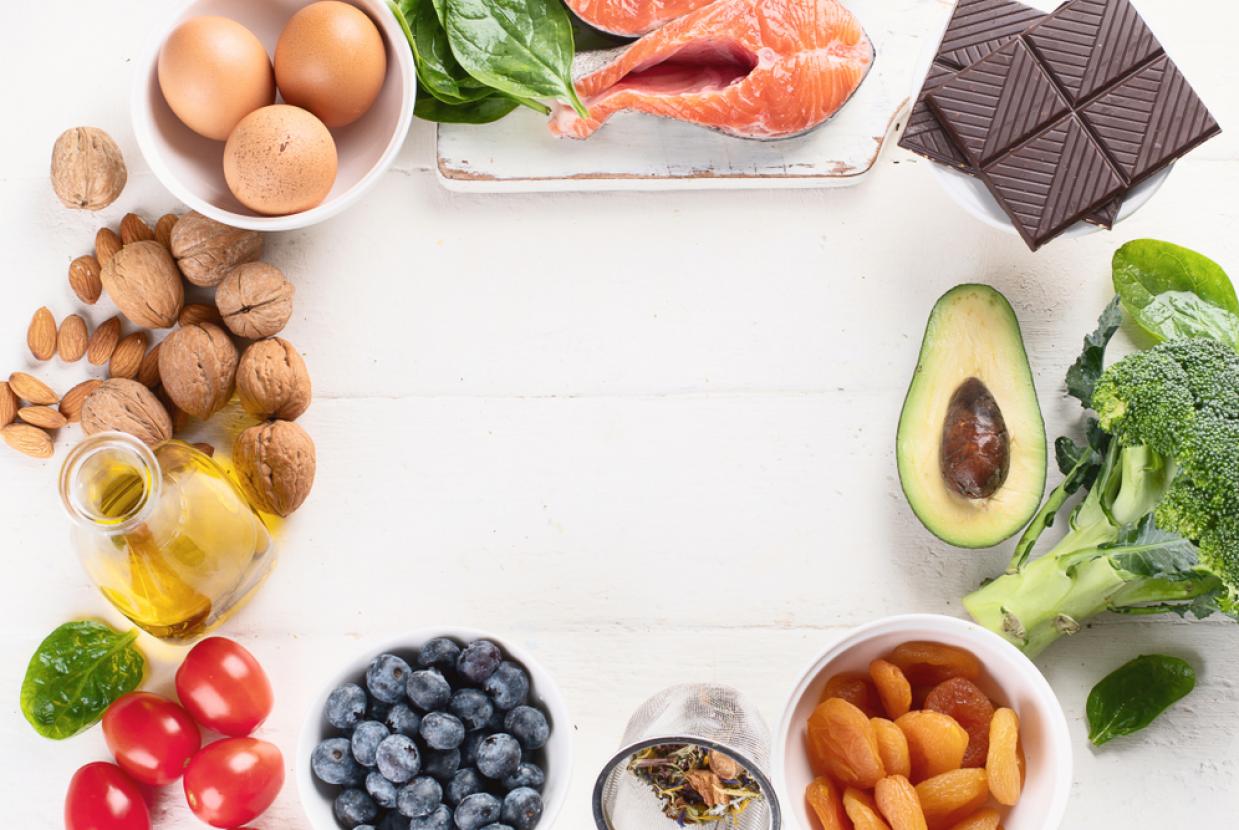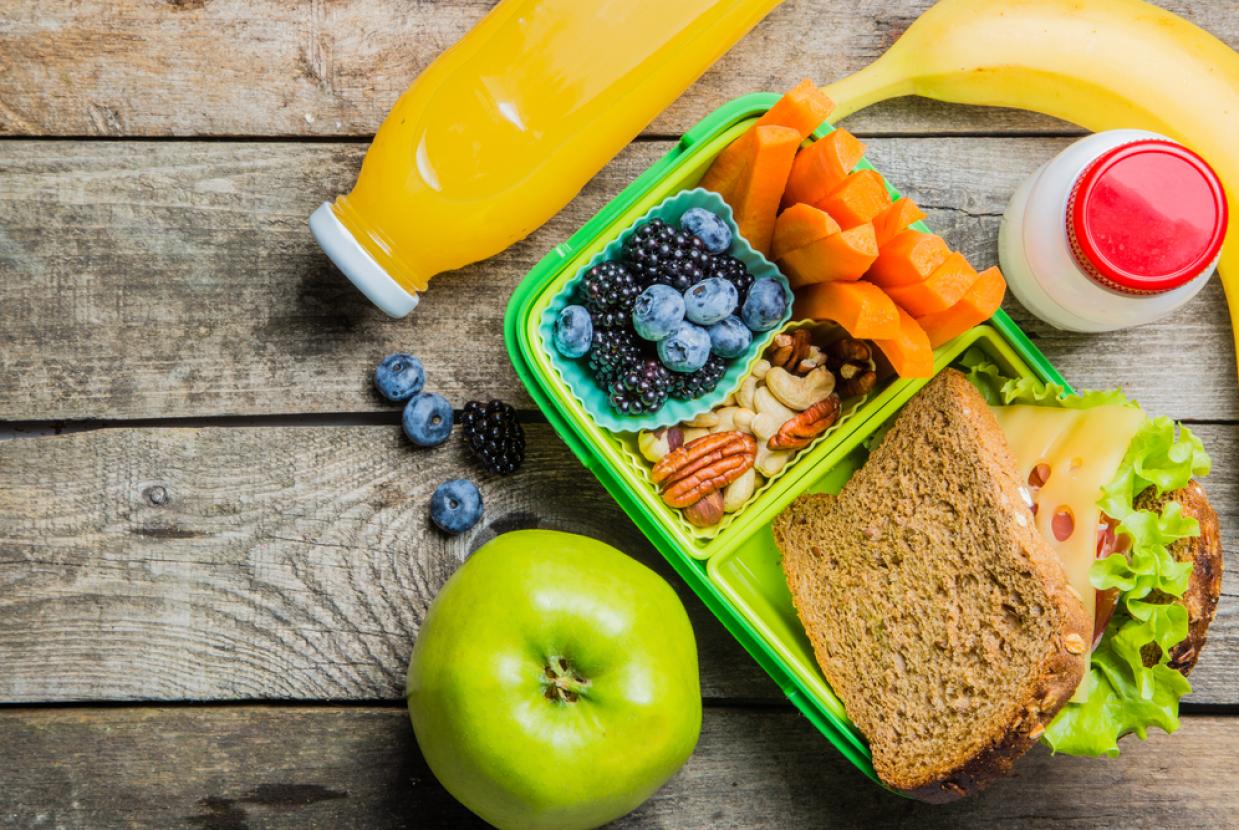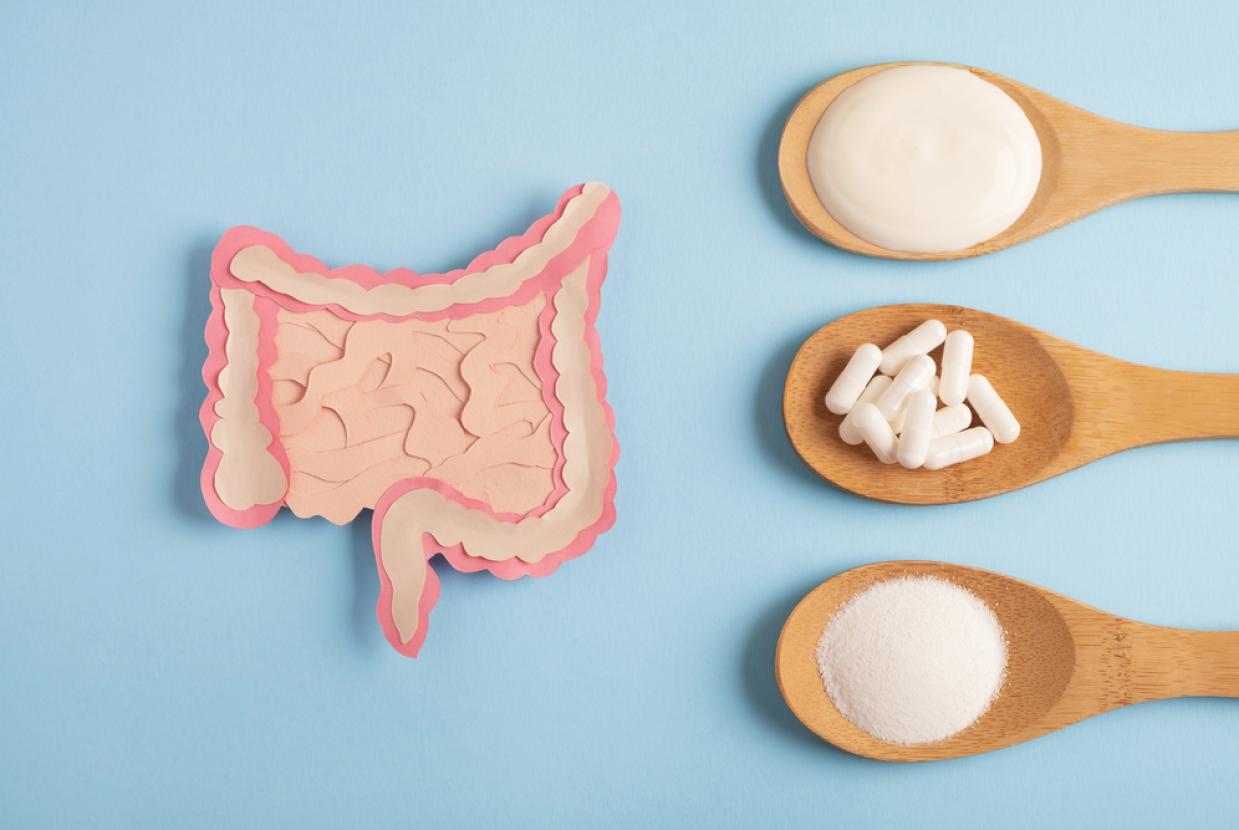Healthy Breakfast
Breakfast literally means ‘breaking the fast’, or starting the day with nutrition and fuel. Breakfast can look different for everyone depending on their routines, daily activities and personal tastes, but making a sensible choice at all meals is important to support health and provide energy for daily activities.
Breakfast: What is it?
Breakfast is the first meal of the day. This is our first opportunity to provide nutrition to our body, which has been fasted overnight. Taking time to fuel our body for the day ahead and listening to internal hunger and fullness queues can be useful to make sure we have energy for the day ahead. This can also help us make more informed food choices during the day, preventing us from becoming ‘too hungry’. Making a healthy breakfast choice that suits your lifestyle, and provides quality nutrition can sometimes feel tricky.
Why is breakfast important?
Regular meals and listening to our body: Eating regular meals like breakfast is an important part of allowing our body to recognise signs of hunger and fullness.
Choosing balanced meals: Every meal we eat is an opportunity to provide nourishment and fuel to our body. Breakfast offers an opportunity to fuel and nourish our body and provide important vitamins, minerals and fibre.
Concentration: A morning breakfast meal can provide us with the energy needed to concentrate on the day ahead, whether that is school, work or play.
Breakfast planning
Everyone is different when it comes to dietary choice, routines and lifestyle. Therefore planning a breakfast that suits you, at a time and place is really important
Where: Taking time to enjoy all meals is an important part of looking after our health and wellbeing. Take time to sit and enjoy a breakfast meal away from TV/Screens and other distractions.
When: For some people, mornings can be busy, stressful or they don’t feel hungry. Choose a healthy, balanced meal within a few hours of waking if possible
What: A well planned breakfast could contain one of each of the following:
- Fibre rich carbohydrate source: Carbohydrate provides us with energy and fuel for the day ahead, as well as being a valuable source of fibre to protect gut health. Choices could include wholegrain bread, low sugar/ high fibre breakfast cereal, porridge oats.
- Protein source: Protein is important for growth and repair in the body. Including a protein source with our breakfast can help us feel fuller for longer as well as protect muscles. Choices could include yoghurt, beans, milk, eggs, nuts, seeds.
- Fruit and vegetables: These are valuable sources of vitamins, minerals and fibre. Choices could include tomato, mushroom, berries, apple, banana.
Simple balanced breakfast ideas
Remember – breakfast can look different for everyone! Here are some examples of balanced breakfast ideas
- Porridge made with berries, nuts and seeds
- Boiled/poached/scrambled egg on wholemeal toast with mushrooms/tomato
- Natural yoghurt with porridge oats and chopped fruit
- Wholemeal Pancakes topped with fruit and yoghurt
Top breakfast tips
Social eating: If possible, try and make breakfast an opportunity to sit down with family or work colleagues.
Choose a time that works for you: Everyone is unique, and will have different preferences. There is no ‘right’ or ‘wrong’ time to eat breakfast.
Include some fruit and vegetables: Fruit and vegetables often get forgotten about at breakfast time. This is a great opportunity to add some into our day, and there are lots of delicious options.
Think about a protein source: Protein at breakfast time can help us feel a bit fuller, support muscle maintenance and can be quite easy to include.
Choose high fibre options: Fibre is an important part of cardiovascular and gut health. Choose higher fibre options where possible.
Top traps
Skipping breakfast for weight loss: Skipping breakfast could make us less active during the day, increasing our risk of weight gain.
Juices and smoothies: 150ml of juices or smoothies will count as one of our five-a-day, however more than this provides extra energy without additional nutritional benefits
High-sugar breakfast cereals: Some breakfast cereals can sometimes use fancy packaging, marketing and nutritional claims to make us believe they are a choice which is ‘good for us’. However, it’s important to be aware that sometimes these products can be heavily processed with lots of added sugar. Always check a product out by looking at the food label, instead of believing marketing claims.












































































































